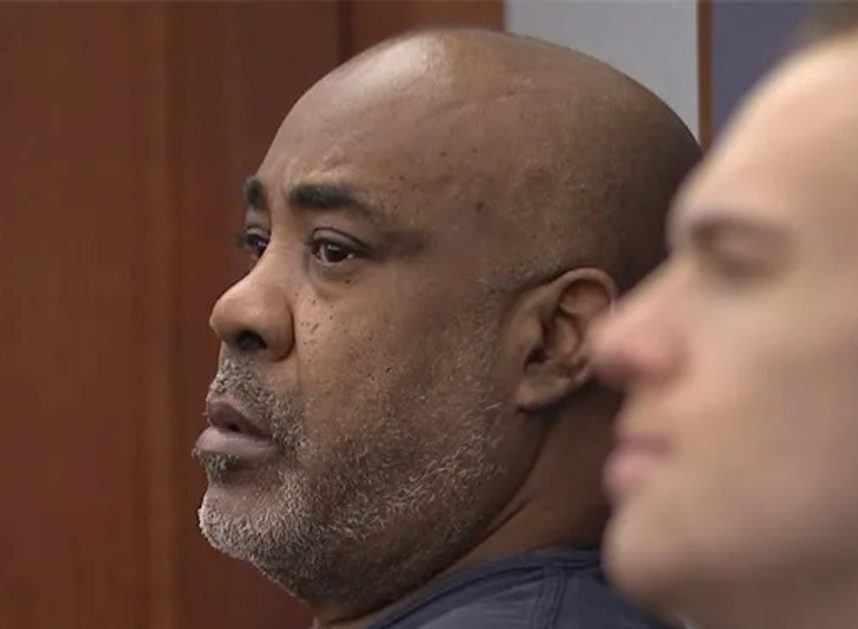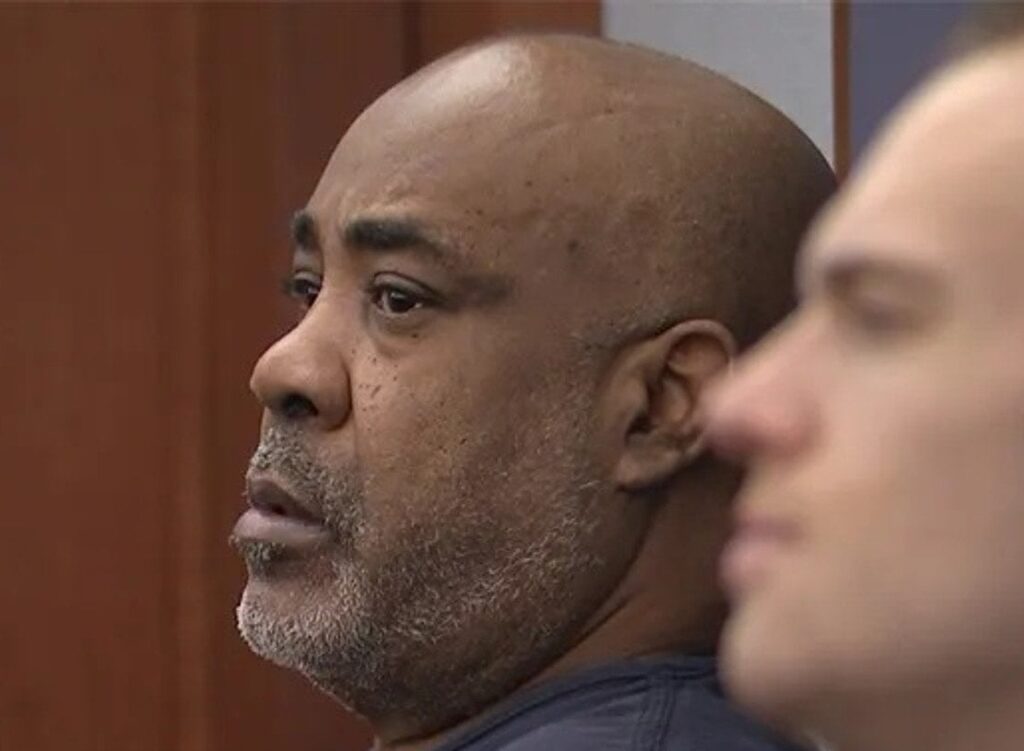Posted on: January 9, 2024, 04:07h.
Last updated on: January 9, 2024, 04:20h.
A Clark County judge set bail at $750K Tuesday for Duane “Keffe D” Davis, the former LA gang leader charged with orchestrating the 1996 murder of rap superstar Tupac Shakur in Las Vegas. Davis, 60, can also serve house arrest at his Las Vegas home with an ankle bracelet ahead of his June trial.

After the hearing, Davis’ court-appointed attorneys told the Associated Press that they believe their client can post bail, though they had asked that bail not exceed $100K.
Davis was arrested on Sept. 29, 2023, after being indicted for murder by a grand jury, and has remained in custody at the Clark County Detention Center since.
Who’s Really in Danger?
In paperwork filed on December 28, prosecutors argued that bail not be set for Davis because he may have ordered, or at least approved of, the murder of a witness in the case from his jail cell.
During an October 9 call Davis placed to his son, prosecutors argued, Duane Keith Davis Jr. informed him: “Around the city, they talking about it’s a green light on our side.”
“In the defendant’s world, a ‘green light’ is an authorization to kill,” prosecutors explained in the paperwork.
During the call, according to prosecutors, Davis inquired whether a specific person was “gone.” Davis Jr. then replied: “He was saying it’s on.”
Sometime before the phone call, prosecutors allege, the state provided a deputy public defender with a list of witnesses for the prosecution. That public defender, who wasn’t even appointed to Davis’ case, then provided the list to the defendant and his son.
“This caused enough concern that the federal government stepped in and provided resources to at least [one witness] so he could change his residence,” prosecutors said in the paperwork.
In a court filing on Monday, Davis’ attorneys argued that it was their client, not witnesses, who faced danger. They argued that he is in poor health after battling cancer, which is in remission, and that he won’t flee to avoid trial.
The same attorneys argued that statements their client previously made implicating himself in Shakur’s murder in a self-published 2019 book and in subsequent YouTube interviews to promote the book, were made for “entertainment” purposes.




